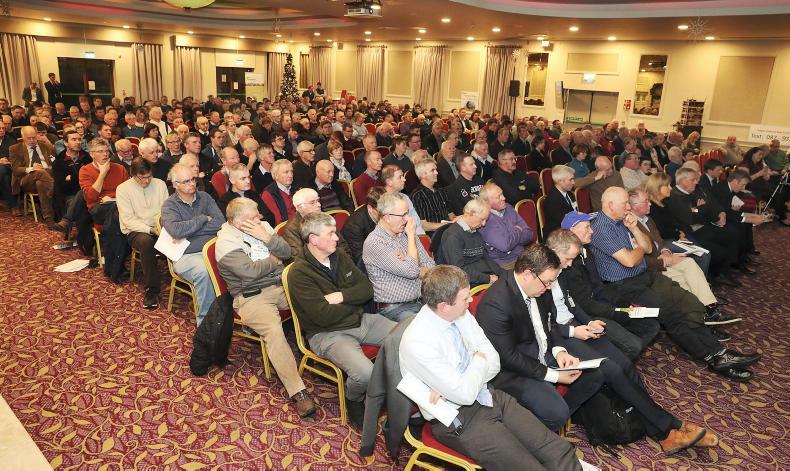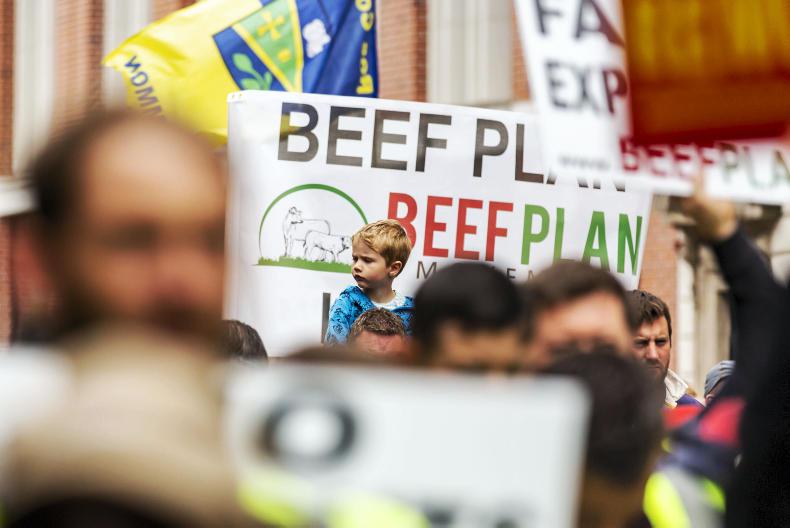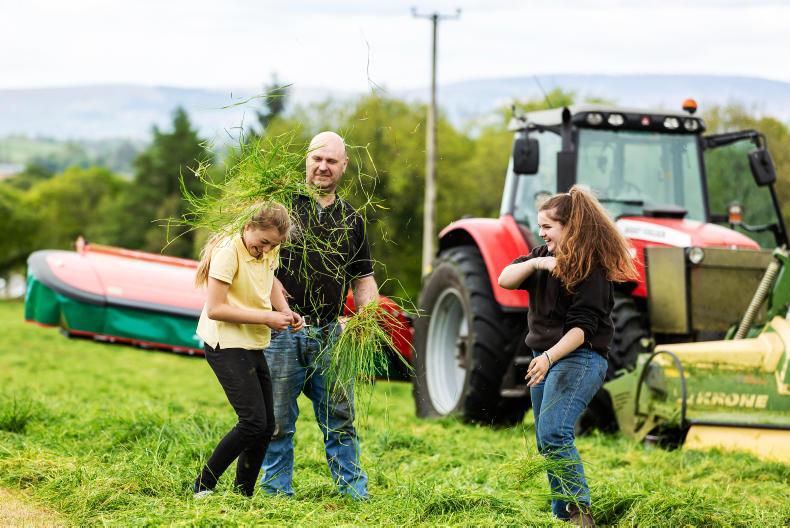Martin Murphy
“We are being told tonight that there is no plan to reduce suckler cow numbers. But if that’s the case, why did Europe insist on a 5% reduction in the BEAM scheme? It was bad enough to put that in the scheme, but to think that a person carrying only one animal per hectare here in the west of Ireland had to follow the same rules as very highly stocked farms just isn’t fair. That scheme was brought in to help farmers that lost money due to Brexit and it was terribly wrong to spoil the good scheme.”
Jim Hennelly
“There has been a lot of talk about carbon tonight and forestry is something being mentioned as a solution to this. But for the farmer who has a small bit of wet land and decides to plant it, he loses everything on that bit of ground. I did it myself, I planted a few acres of ground in different places and I lost payments on it. If you are serious about trees being a solution, you should be encouraging farmers to plant small areas of wet ground or shelter belts – compensate them, don’t penalise them.”
Gerry Loftus – Organisation, Ireland’s Future
The suckler situation with regards to how we register cattle in this country is an absolute disgrace. When you look at a card, it does not tell you the breed of the dam. Every single suckler cow in this country, bar purebred cows, are marked with an ‘X’. So therefore, when we cross with the dairy herd – be it Angus or Hereford or whatever – it immediately falsifies the breed of that animal and it immediately means that our prime suckler beef can never be promoted as a standalone product that produces meat, produces milk and is a land-management tool in many parts of this country.
Michael Larkin
“The all-island economy was mentioned tonight. Baileys Irish cream is sold throughout the world from milk produced in Ireland, whether it’s Cavan or Tyrone. Irish lamb is sold in France regardless of what county in Ireland it’s from. Unfortunately when it comes to beef, for whatever reason, I think there’s an artificial trade barrier. I think if we could break that barrier, it wouldn’t solve the beef crisis but it would mean more free movement of cattle north and south.”
Anthony McNicholas
“We can talk until the cows come home about genomics and meat quality, but unless the consumer is properly informed, we are wasting our time. A lot of consumers don’t even know the different cuts of beef. They go in and buy beef this week and it’s lovely but they go in and buy the same colour beef next week and its tough and they won’t go back. That’s because they don’t know the cuts of beef they are buying. We have got to take another step forward and get the consumer buying the beef because they have information on what they want and what they like.”









SHARING OPTIONS